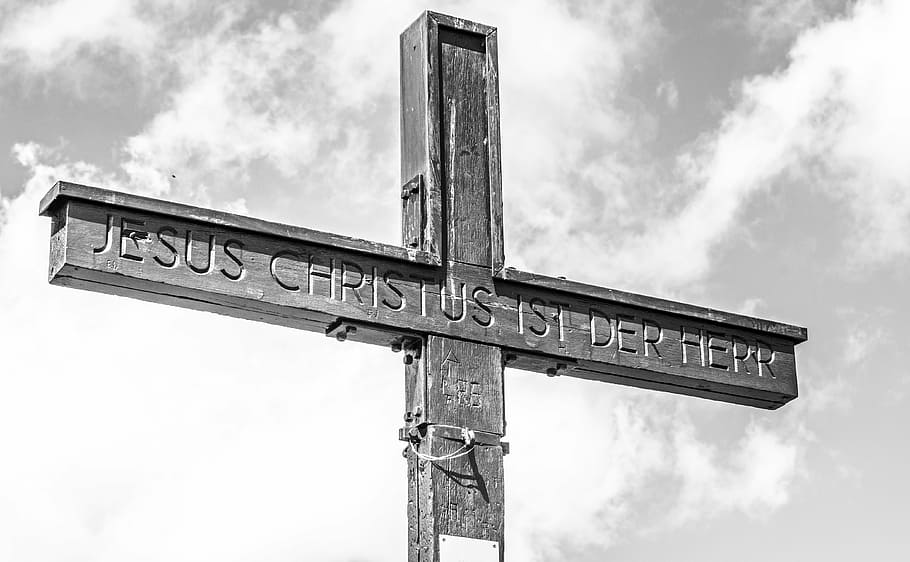Forgiveness offers hope of salvation. Simon Peter speaks on behalf of his veritable sainthood in expressing, “Save yourselves from this crooked generation.” That this message may reverberate to be recognized by those who live amid wickedness, any who hear and recognize such wisdom may have hope. Deception continually occurs from whatever mode of Word, itself that may trickle down toward the realm of those living amid whatever light passes for wicked. Through forgiveness, Satan’s influence might be sensed. Thereby, in repenting and rejecting whatever evil has maligned those whom one has no ken of, forgiveness was so relevant to salvation with repentance relevant toward the aim of redemption, that prejudices do not triumph over discovery.
Wrongful events
When wrong visits upon anyone, forgiveness can be altogether absent — particularly at first. It’s not always clear to any who knows their mind what has caused the conflict in question, how such conflict applies, nor how it has entered the picture. Forgiveness can be particularly difficult once one has suffered physical injury. Effectively, then, one may not want to act on knowing one’s own mind thus in favor of that better course of esteem. One shall suffer any potential of unlimited delusions that one’s situation can be bettered by short-cutting through any evil in question. Shortcuts can work out best with other persons willing to offer shelter or otherwise tend to suffer, but when there is no one to turn to then all suffering must be borne basically alone, albeit not without virtual options available.
After working with any conflict and getting over its impact, the offense itself remains that has caused this suffering, and its disturbing nature may further delay how to handle it.
Lighter versions of events
To explain why forgiveness is not easy when wrong is not felt as severe in fact, then such issues can be of concern because one’s own capacity for tolerance and forgetting can diverge from society’s. That is to say that how one handles the situation may be judged by others. And as such, taking time to make the best decision necessarily tests not so much role but rather that sort of grit that means the certain difference between acceptance or disgrace. Trying to handle a reality where the best decision cannot be made, it’s not unimportant to make one’s own choice and recognize that the decision can be delegated to others. If forgiveness may take decades, then this may be the better course.
Delegation and benefit
Other options for forgiveness can be viable in some cases. Catholics may go to confession and receive such benefit of sacrament of penance toward absolving or purging whatever ills can be addressed. Sometimes, telling an impartial person impartial truths that can be spared without deceit can aid greatly to discover conscience as a matter of course.
 Awareness of ills that people seek peace on behalf thereupon can help with gleaning whether any needs of a community are not being addressed that could benefit from more focal homilies. But until one knows one’s own mind, there is no need to express the situation in any way that precedes personal conception.
Awareness of ills that people seek peace on behalf thereupon can help with gleaning whether any needs of a community are not being addressed that could benefit from more focal homilies. But until one knows one’s own mind, there is no need to express the situation in any way that precedes personal conception.
The effort to forgive consists of a fight for determining how priorities that must and priorities that shall be so handled. Injury can run from matters grave or grievous to matters of responsibility that torture mind to act before doing the right or proper thing were too late. Biding time in prayer, avoiding idle talk, and delegating qualifiable responsibilities can help bring relief. But only by knowing one’s own mind can forgiveness truly be dealt with without scot, so in good conscience. Making that sort of grab is not always convenient. And so forgiveness can be extremely difficult once the nature of the conflict has incurred summary disturbance.






